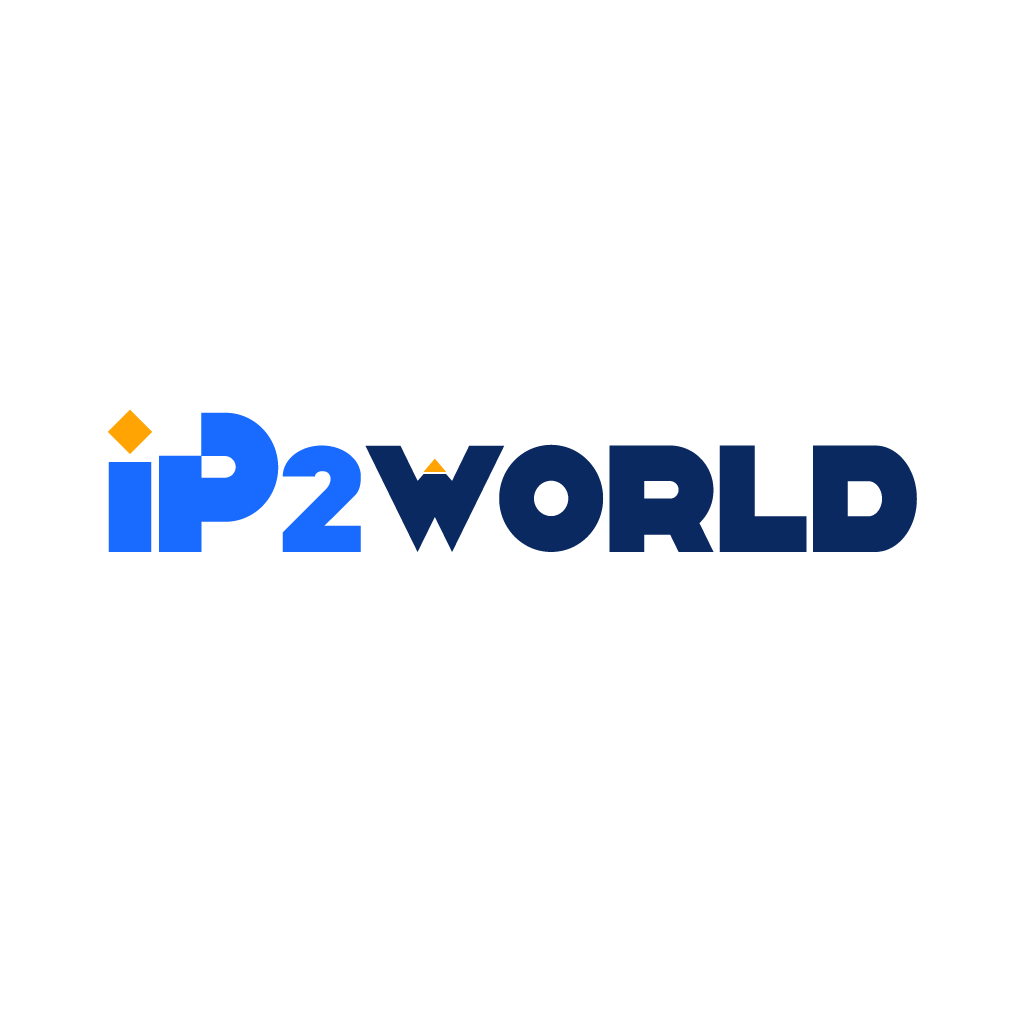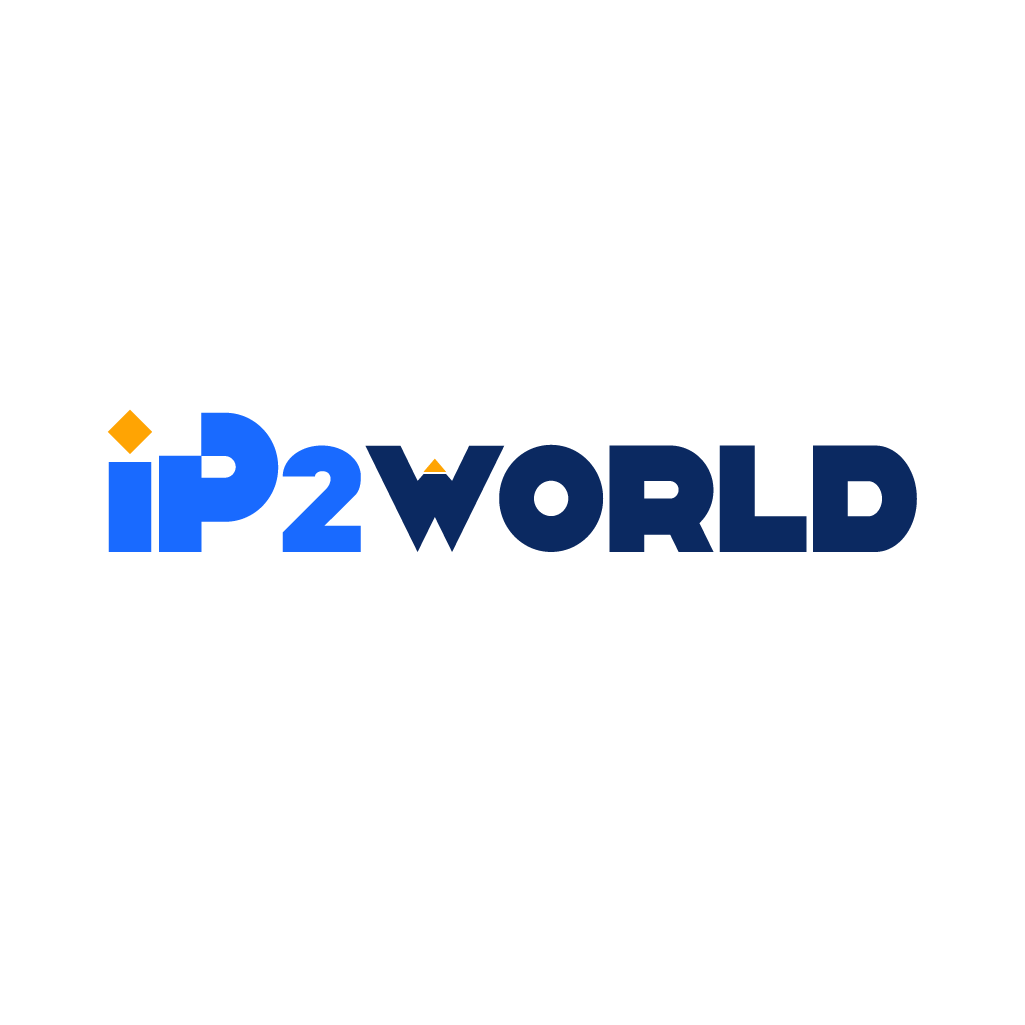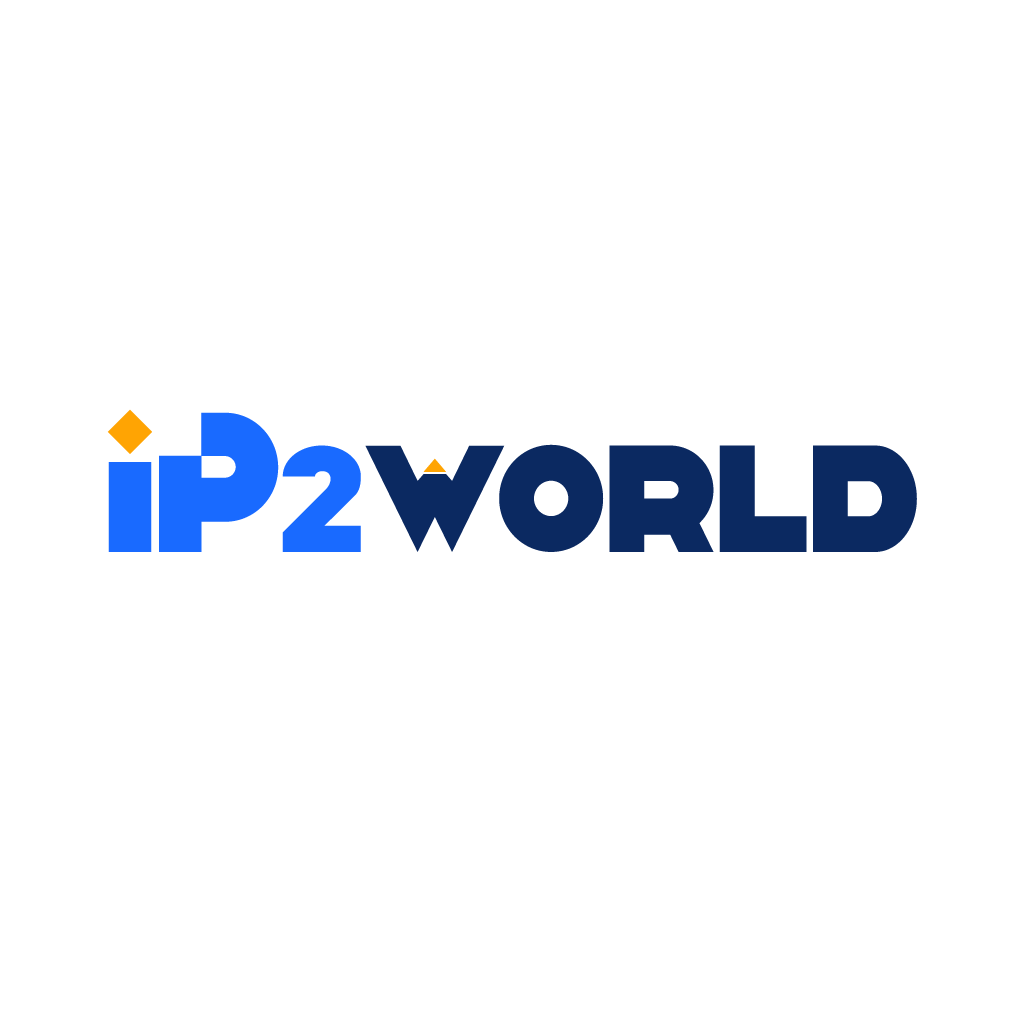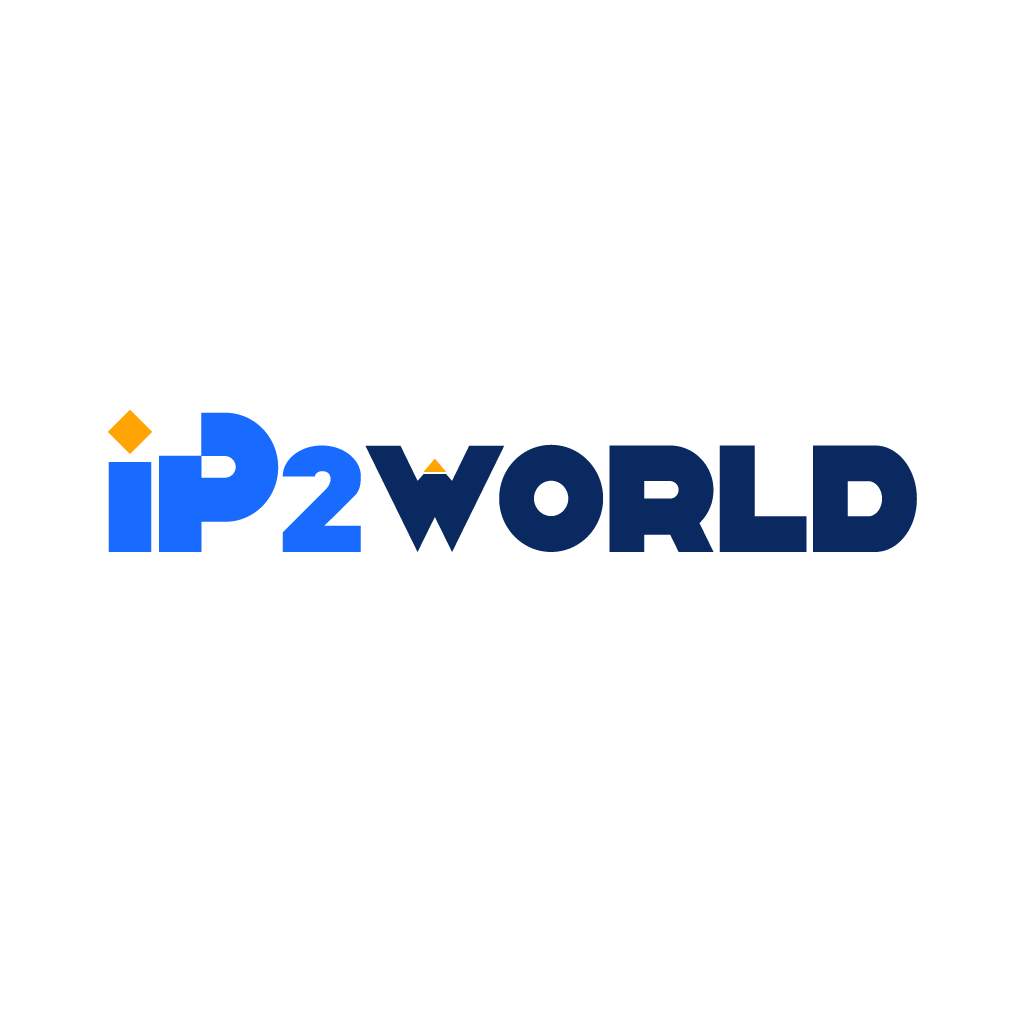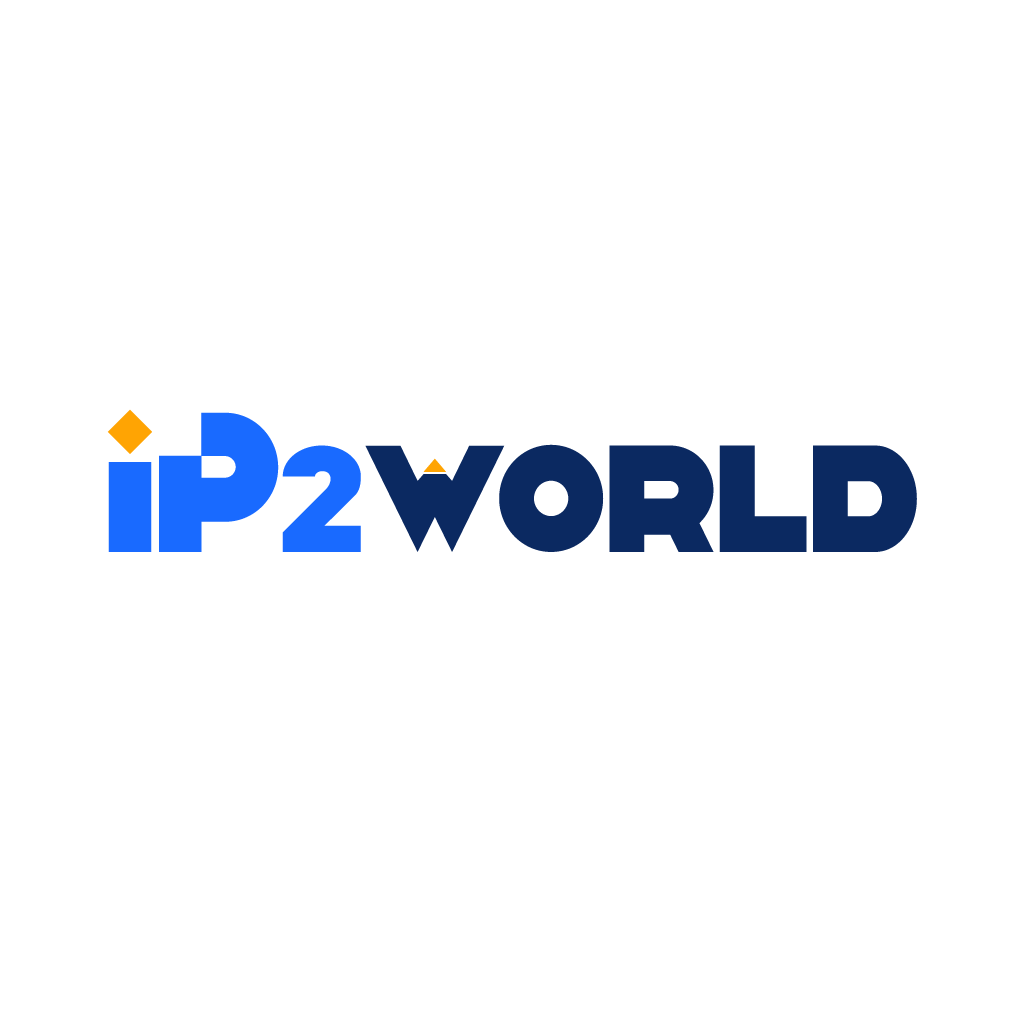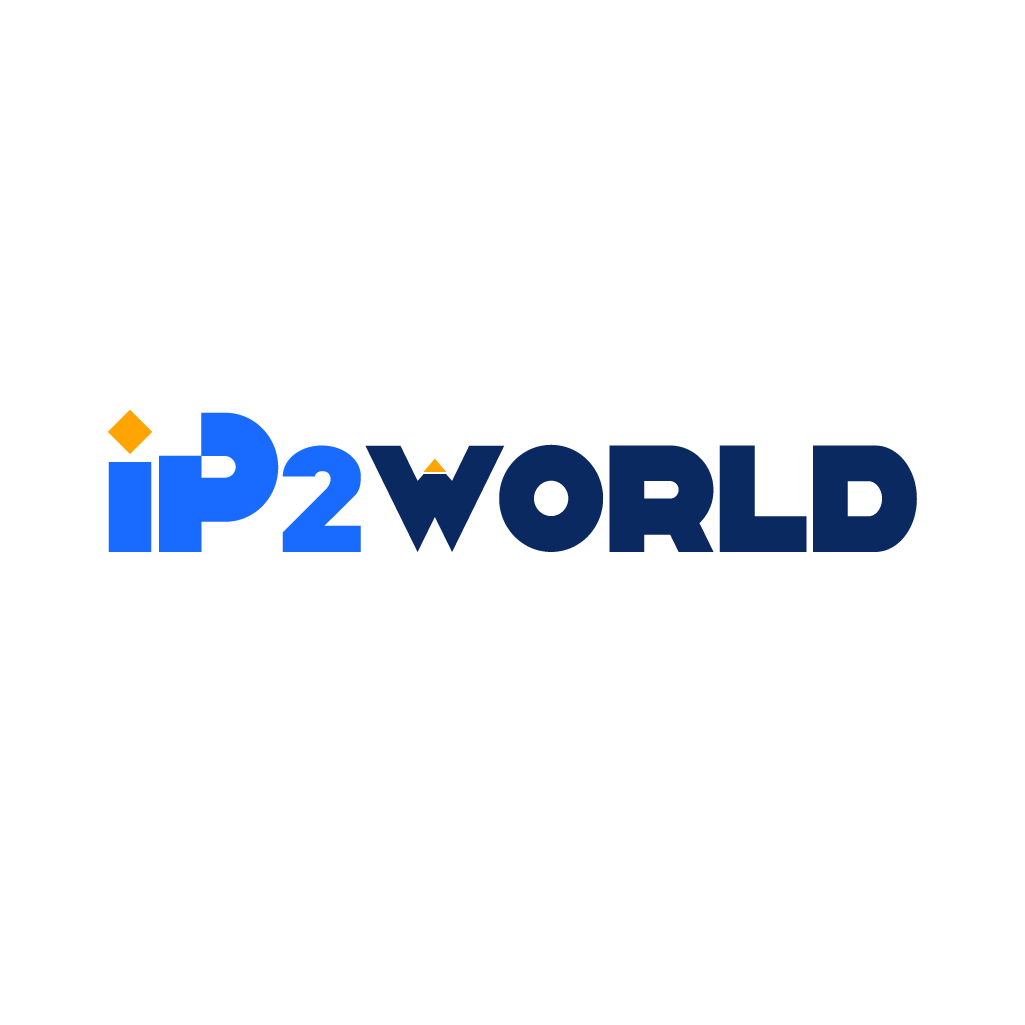In today's digital age, businesses of all sizes are turning to online marketing tactics to reach customers and grow their brands. However, digital marketing can be especially beneficial for small businesses that have limited resources and tight budgets. With the rise of social media, search engines, and other digital platforms, small businesses now have access to marketing opportunities that were once only available to large corporations. By leveraging the power of digital marketing, small businesses can level the playing field and compete in competitive markets. Benefits Reach More Customers Online One of the biggest struggles for small businesses is lack of visibility and discoverability. Digital marketing provides a cost-effective way to reach a much wider audience online, allowing small businesses to get their brand in front of their target demographic. Strategies like search engine optimization and social media marketing expand a business's online presence and help drive qualified traffic to their website or storefront. Even a small increase in website visitors or social media followers can translate to a significant boost in potential customers. Cost-Effective Compared to Traditional Advertising Digital marketing channels tend to be more affordable than traditional print, TV, and radio advertising. Pay-per-click ads, social media marketing, and email newsletters allow businesses to reach customers for a fraction of the cost of buying ad space. With trackable analytics, digital marketing also provides transparency into ROI. Small businesses can test out campaigns on a small budget, then double down on tactics that deliver real results. Targeted Strategies Based on Data and Analytics The data-driven nature of digital marketing allows for highly targeted, customized campaigns. Small businesses can analyze audience demographics, behaviors, keywords, and more to tailor messaging to their ideal customers. Tactics like search engine optimization and Google/Facebook ads feature robust targeting options to reach niche audiences. The ability to constantly refine campaigns based on performance data gives small businesses an advantage in connecting with the right customers. Build Brand Awareness and Loyal Customer Base By consistently engaging audiences online, small businesses can strengthen their brand identity and recognition. Social media platforms in particular allow brands to develop an authentic voice and cultivate a community of brand advocates. Digital marketing also enables more personalized communication with customers to foster loyalty. Customers who engage with branded content and messaging across channels become more invested in the brand over time. Flexibility to Pivot Strategies as Needed One benefit of digital marketing is the flexibility to pause or change course if a campaign isn't delivering results. With real-time tracking, it's easy to identify poor-performing platforms or content and shift budget and efforts to more effective strategies. Small businesses can take risks with innovative campaigns, then double down on what works without getting locked into long-term ad buys or print campaigns. The agility of digital marketing gives small businesses an advantage in optimizing their approach. Options for Engaging Multimedia Content Digital marketing opens up a myriad of content formats for small businesses to engage their audience, from videos and images to infographics, podcasts, and interactive content. Visually compelling and informative content helps small businesses connect with customers and establish thought leadership. Varied content also boosts discoverability and gives brands more opportunities to rank highly in search engines and social media feeds. Key Strategies Search Engine Optimization (SEO) SEO should form the foundation of any digital marketing strategy for small businesses. By optimizing website content, metadata, links, and other technical elements for search crawlers, businesses can rank highly on Google and other search engines for relevant queries. Top search rankings funnel qualified organic traffic to websites, driving brand awareness and conversions at a low cost. Pay-Per-Click (PPC) Advertising PPC ads like Google Ads offer a fast way for small businesses to get their website and offers in front of people as they search online. PPC campaigns can be fine-tuned based on keywords, locations, demographics, interests, and more to reach an ideal target audience. While there is a cost associated with PPC, the expenses can be controlled and are only incurred when users actually click through to a company’s website or ad. Social Media Marketing Promoting brands through social platforms like Facebook, Instagram, Twitter, and LinkedIn has become indispensable for digital marketing. Social media allows small businesses to raise awareness through compelling content, engage directly with customers, and build a loyal community. Paid social ads can further amplify reach and help convert social media followers into customers. Email Marketing Email newsletters, promotions, and nurturing campaigns help small businesses strengthen relationships with existing customers. Segmenting email lists by demographics and interests allows ultra-targeted messaging that feels personal. Email is also a top channel for driving conversions with special offers, product launches, and other calls-to-action. Content Marketing (Blogs, Videos, etc) Sharing valuable, relevant content provides a way for small businesses to nurture leads and organically attract their target audience. Blogs, videos, guides, and other content establishes subject matter expertise and gets brands found online. Content also fuels other digital marketing channels, providing fodder for social media, lead generation offers, and more. Focusing content around keywords even boosts SEO efforts. Tips for Implementation Research Target Audience Needs and Behaviors Before launching digital marketing campaigns, small businesses should take time to thoroughly research their ideal customer demographics, interests, pain points, and buyer journey. Understanding the audience is key to creating resonant messaging and campaigns. Set Specific and Measurable Goals Setting benchmark goals around traffic, engagement, conversions, and sales provides a way to measure digital marketing success. Defined KPIs help focus efforts on campaigns that deliver meaningful ROI. Make sure goals are specific, attainable, and time-bound. Focus Budget on Most Effective Strategies With limited resources, small businesses must be selective in allocating budget to digital marketing initiatives. Analyze which platforms and campaigns are converting at the highest rate and shift budget to the highest-ROI channels first. Test new initiatives on a small scale before making major financial commitments. Track and Analyze Data to Optimize Efforts Leverage tools like Google Analytics to track website traffic, engagement metrics, conversions, and other data points. Analyze performance frequently to find opportunities to improve campaign targeting, content, and messaging. This data-driven approach is key to maximizing ROI. Create Shareable Content That Provides Value Develop digital content that educates, entertains, inspires, or provides utility for your audience. Valuable content earns brand loyalty and gets shared organically on social media. Focus on addressing customer pain points or topics related to your products/services. Conclusion Digital marketing levels the playing field so even the smallest businesses can elevate their brand and compete for customers. By maximizing reach through search, social, content marketing and other digital tactics, small businesses can drive growth and success with even limited resources. Following digital best practices and embracing data-driven optimization will ensure small businesses get the most bang for their marketing buck. With the rise of digital consumption, now is the time for small businesses to leverage digital marketing and gain a competitive advantage.
2023-10-11
